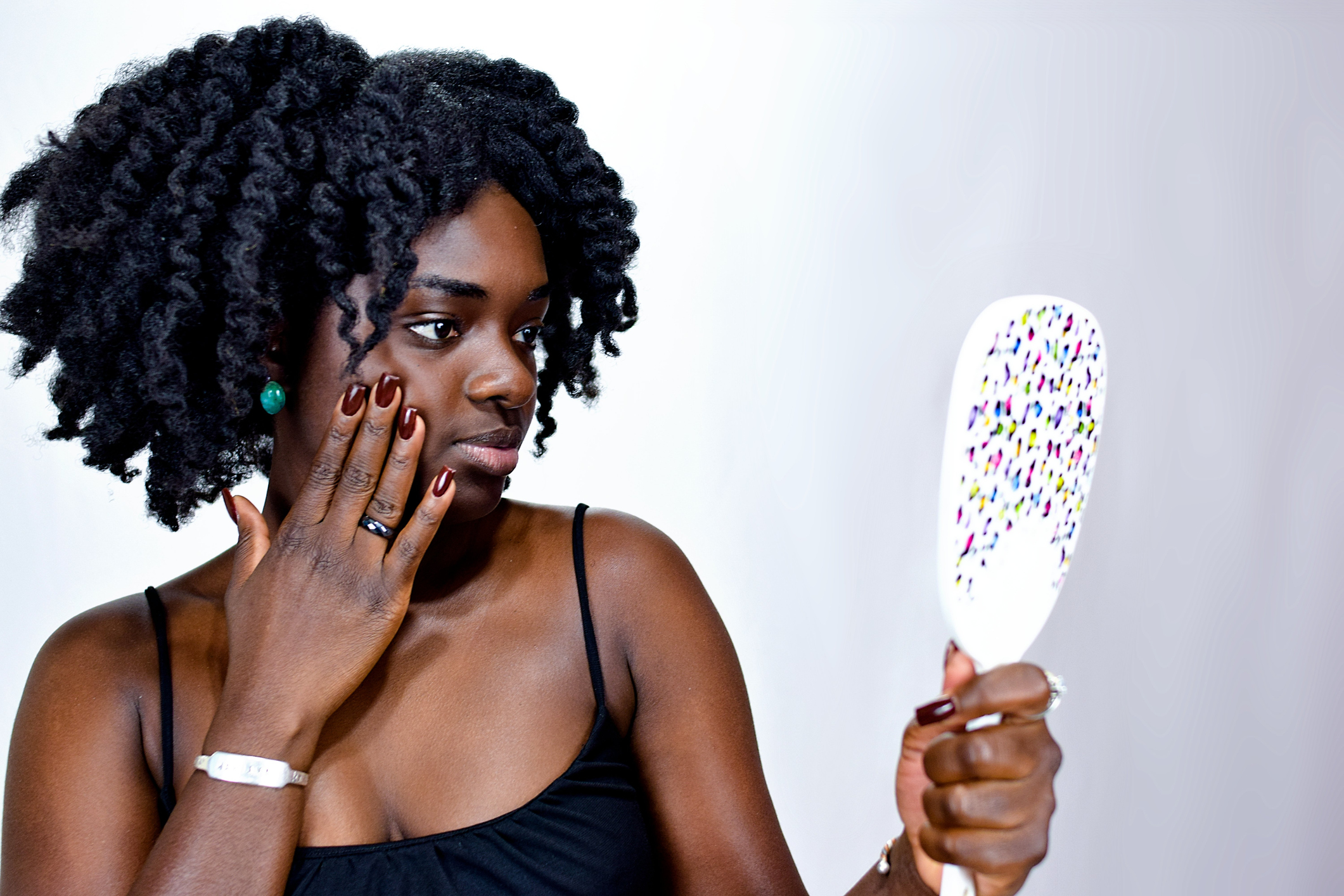As many Black women know, the process of finding the perfect foundation shade can seem almost impossible. This is historically due to the longstanding issue of many makeup brands only offering limited shade ranges. The struggle to find a foundation that seamlessly blends with the diverse tones of Black skin has been a recurring narrative in the beauty industry. It often leaves Black women feeling overlooked. Recently, makeup brand, Youthforia has been at the center of controversy as they’ve tried their hand at a more inclusive range of makeup shades.
Due to the lack of inclusivity and general understanding, foundation shades that are meant for Black women often fail to capture the richness and complexity of their skin tones. The recent controversy surrounding Youthforia’s foundation release exemplifies the deep-seated issue of representation within the beauty industry.
What Is Happening with Youthforia Foundation?
In 2023, the brand released its “Date Night” collection and expanded it to 15 shades, which included four medium deep to deep shades. Beauty influencer Golloria George, a woman of a darker complexion, revealed that the brand sent her their darkest shade. The foundation was several shades lighter than her skin. Social media called for the brand to do better and be more inclusive.
From there, Youthforia embarked on a journey to expand their foundation line, introducing ten new shades, including their darkest hue, shade 600. However, the release of this new shade has again stirred controversy. George recently took to TikTok to try the new foundation and compared the foundation to black face paint. The video garnered millions of views and sparked a conversation about the brand’s approach to inclusivity. This revelation prompted questions about the authenticity of Youthforia’s commitment to diversity and representation.
Social media users have called for Youthforia founder Fiona Co Chan, to explain the tactics behind the brand. In a since-deleted video, Chan said the first drop in 2023 was a ‘proof of concept’ to see if the brand would be successful. She has yet to address the recent controversy, however, Chan’s the original explanation raised eyebrows and fueled skepticism about the brand’s motives.
Why this Matters
The release of Youthforia’s shade 600 highlights a broader issue in the beauty industry. There is a lack of genuine, thought out inclusivity.
Cosmetic chemist Javon Ford took to TikTok to share his analysis of the foundation. He revealed the stark contrast between Youthforia’s approach and that of brands like Fenty Beauty and Fashion Fair. Ford’s examination of the foundation’s ingredients highlighted the absence of diverse undertones. The 24 other shades of the line each contained at least three pigments, while shade 600 only contained the pigment,“black iron oxide.”
“This foundation literally only has pure black pigment,” Ford said in his video. “Anyone who has ever taken an art class will tell you that black is a terrible pigment to mix with, because it just makes things gray and muddy.”
Youthforia’s attempt to rectify its lack of inclusivity with shade 600 simply shines a light on a broader trend of performative activism within the beauty industry. By hastily introducing a deeply pigmented shade devoid of nuanced undertones, the brand not only missed the mark but also trivialized the experiences of Black women.
“When we say that we want you guys to make shades for us, we don’t mean to go to the lab and ask for minstrel show black,” George said in her video. “What we mean is to take the browns that you have made, create undertones and do what you need to do in the lab so it’s a darker shade of brown.”
Her review has been liked over 1 million times on TikTok.
What Brands are Getting it Right
Although Youthforia missed the mark on creating an inclusive shade range, there are still several brands that prioritize diversity at their core.
Fenty Beauty
Fenty Beauty, spearheaded by mogul, Rihanna, revolutionized the beauty landscape by offering 40 diverse shades. Since its inception, Fenty Beauty has been celebrated for its commitment to inclusivity.
“I wanted everyone to feel included,” Rihanna has stated publically.
By launching with an extensive range of shades, Fenty Beauty set a new standard for the industry. Fenty’s progressive actions prompted other brands to follow suit.
Maybelline
Maybelline, a staple in many makeup bags, has also embraced inclusivity with its Fit Me collection. Originally offering 16 shades, the brand expanded its range to 40. Doing so has helped ensure that individuals of all skin tones have access to quality foundation at an affordable price. This commitment to accessibility has resonated with consumers, solidifying Maybelline’s position as a leader in inclusive beauty.
MAC Cosmetics
MAC Cosmetics, an OG in the makeup industry, has long been synonymous with inclusivity. The brand offers 63 shades that encompass various undertones. By targeting professional makeup artists who require diverse shades for their clientele, MAC has cultivated a reputation for excellence.
Moving Forward
The controversy surrounding Youthforia’s foundation is a pivotal moment in the beauty industry’s evolution. The misstep serves as a reminder of the challenges that persist. It also emphasizes how imperative it is for brands to listen, learn, and prioritize inclusive beauty for all.
